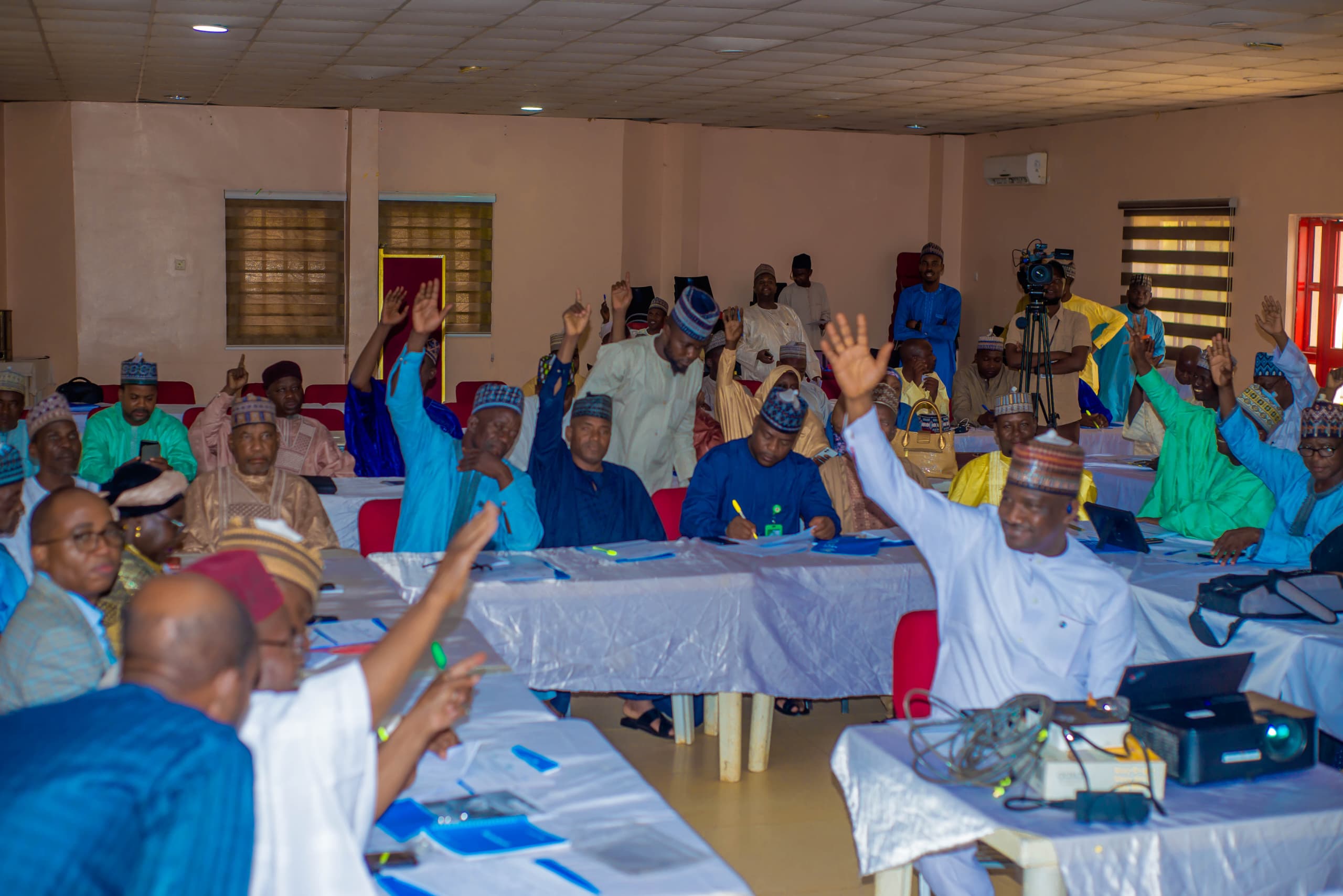Education administrators, policy makers, and other stakeholders from Sokoto, Kebbi, and Zamfara states have commenced deliberations on ways to address the challenges out-of-school children in their states.
Newsmen reports that the two-day meeting was organised by UNICEF in collaboration with the participating states.
In her address, Mrs Sarah Akpar, the Assistant Director in Federal Ministry of Education, described the meeting as timely, which would facilitate knowledge sharing and solutions.
Akpar said participants were expected to look into gaps and fine-tune ways toward enhancing students’ transition, retention, and completion.
She stressed that participants would come up with individual state’s modalities in recognition that they may have different challenges in some areas.
According to her, the meeting would enhance coordinations, adding that the federal government would continue to support states to achieve educational goals and targets.
Prof. Suleiman Khalid, the Chairman, Universal Basic Education Board (SUBEB) in Kebbi state, said the meeting would accord opportunities for participating states to leverage on individuals success and share solutions on challenges.
Khalid explained that Kebbi state has implemented different programmes, including an integrated model system with Qur’anic schools and others, to ensure out-of-school children as well as dropouts were returned and captured into formal school system.
According to him, there is a need for the School-Based Management Committee (SBMC) to work with school management so that they would be able to ensure that the children are going to school addressing the immediate hitches.
The Sokoto State Commissioner for Basic and Secondary Education, Alhaji Tukur Alkali, said the present administration in the state has prioritized the education sector with the highest budget allocation in the fiscal year.
Alkali noted that they would work to implement the developed National framework of action on reducing out-of-school children in Nigeria along with other desirable actions agreed in order to achieve the result.
He added that Sokoto state has qued into the AGILE project and ensures payment of counterpart funding in order to utilize the window.
A member from Zamfara State House of Assembly, Alhaji Nura Dahiru, assured legislative support with desirable laws in order to address the out-of-school children challenges which in the long term hinders the nation’s progress.
Dahiru underscored the importance of ensuring that children have more access to qualify education with adequate government support.
Earlier, Mqaphelisi Sibanda, an education specialist with UNICEF Nigeria, said the meeting was to look into areas where the participating states needed more interventions on the issues of out-of-school children.
Sibanda said the meeting is to build a collective commitment on how to reduce the number of out-of-school children in the states and also improve school enrollment, retention, transition, and completion.
“Two years ago, UNICEF worked with the Federal Ministry of Education and Universal Basic Education Commission (UBEC) to develop a national framework of action on reducing out-of-school children in Nigeria
“Now we are looking into this framework and getting states to develop models to address the high number of out-of-school children in their states.
“That’s what we are doing focusing on school enrollment, retention, transition, and completion of both primary and secondary education.” Sibanda said.
Newsmen reports that the cross-section of participants of the two-day regional stakeholders meeting, including lawmakers and other critical stakeholders, considered the rate of out-of-school children in the states in order the change the situation.
They agreed on the need for all the stakeholders to put hands on deck to support the government at all levels so as to reverse the trend.
———




